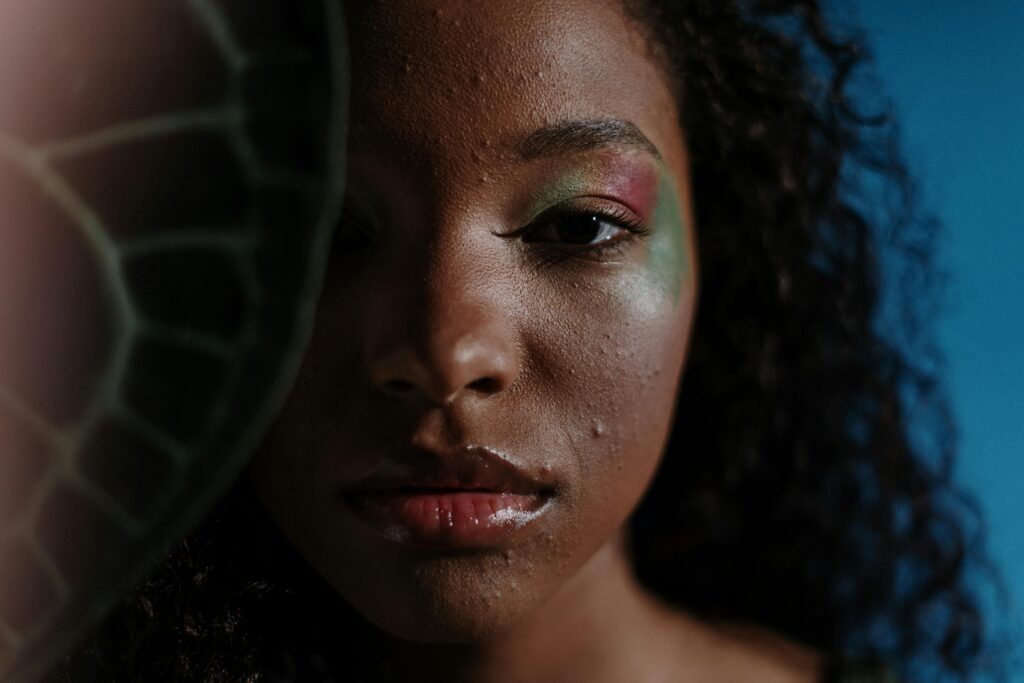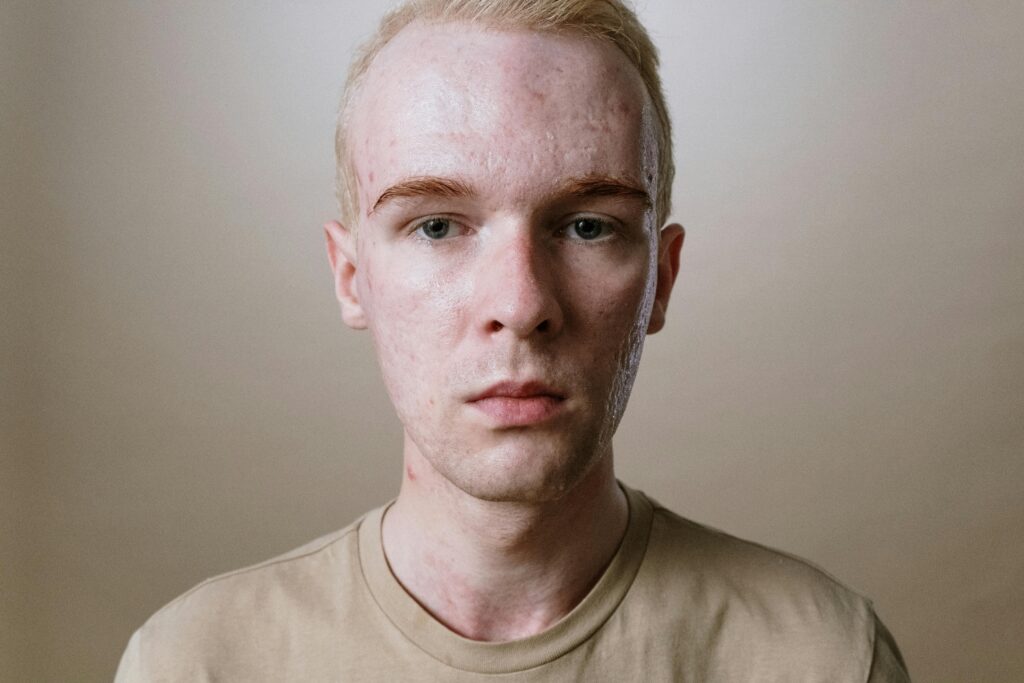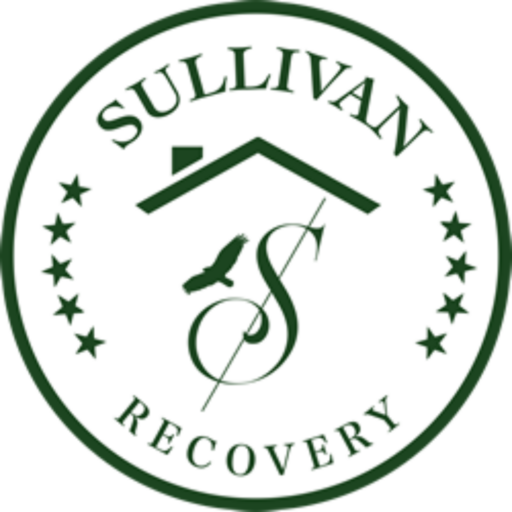

Millions of people around the world suffer from acne, a common skin condition that can range from mild to severe. One of the factors often questioned is the impact of alcohol consumption on acne development. This article explores the relationship between alcohol consumption and acne, providing insights into how excessive drinking might contribute to skin concerns.

While there is no direct link proving that alcohol causes acne, its effects on the body can indirectly lead to skin problems, including acne breakouts. Alcohol intake impacts hormone levels, blood sugar levels, and hydration, all of which influence skin health. Below, we explore how alcohol consumption can contribute to acne symptoms.
Excessive alcohol consumption can disrupt hormone levels. Alcohol increases testosterone levels in some individuals, which can lead to excessive sebum production. Sebum, an oily substance produced by the skin, can clog hair follicles and result in acne-prone skin.
Alcoholic drinks, especially sugary mixed drinks, can spike blood sugar levels. Elevated blood sugar triggers a rise in insulin, which can increase sebum production and worsen acne symptoms.
Drinking without rehydrating can lead to dehydration. Dehydrated skin compensates by producing more oil, which can clog pores and cause breakouts. Additionally, alcohol-related dry skin can exacerbate existing skin conditions, including seborrheic dermatitis.
Alcohol consumption can trigger inflammatory responses in the body. Inflammation contributes to acne outbreaks and can worsen existing acne symptoms. Chronic alcohol abuse further increases these inflammatory responses.
Excessive drinking can deplete the body of essential nutrients, such as vitamin A and zinc, which are critical for healthy skin. This deficiency can weaken protective cells in the skin and increase the risk of breakouts.
Not all types of alcohol affect the skin equally. The type of alcohol and the frequency of consumption can play a role in acne development:

Chronic alcohol abuse can lead to wide-ranging effects on skin health, including premature aging, broken blood vessels, and dark circles. Heavy drinking also contributes to oxidative stress, which accelerates DNA damage and reduces collagen production. Over time, these effects lead to skin damage and a higher risk of developing chronic skin conditions.
Adopting a balanced lifestyle can mitigate the negative effects of alcohol on skin:
Alcohol contributes to acne development through multiple biological and physiological mechanisms:
Understanding these mechanisms highlights the importance of managing alcohol consumption to maintain healthy skin and reduce acne risk.
The relationship between alcohol consumption and acne is influenced by a combination of hormonal, environmental, and individual factors. By making informed decisions about alcohol intake and maintaining healthy lifestyle habits, you can minimize its effects on your skin and achieve clearer, healthier-looking skin. For those struggling with alcohol abuse, programs like Sullivan Recovery provide a supportive environment to begin the path to recovery, promoting both physical and mental health.

At Sullivan Recovery, as an in-network provider we work with most insurance plans, such as:
And More
If you or a loved one are struggling with mental health challenges or substance abuse, reach out to Sullivan Recovery today. Our team of compassionate professionals is here to support your journey towards lasting well-being. Give us a call at 949-710-2349. Visit SAMHSA for more information.
While drinking alcohol does not directly cause pimples, excessive consumption can trigger factors like hormonal fluctuations, dehydration, and increased sebum production, all of which contribute to acne breakouts.
Yes, types of alcohol impact the skin differently. Sugary mixed drinks and beer can increase the risk of breakouts, while moderation with spirits may have a lesser impact.
Alcohol increases urine production, leading to dehydration. Dehydrated skin can become dry and overproduce oil, contributing to acne.
Excessive drinking can disrupt hormone levels, increasing testosterone and insulin, which can worsen acne symptoms.
Stay hydrated, follow a consistent skincare routine, eat a balanced diet, and drink alcohol in moderation to minimize its impact on skin health.